WHY US
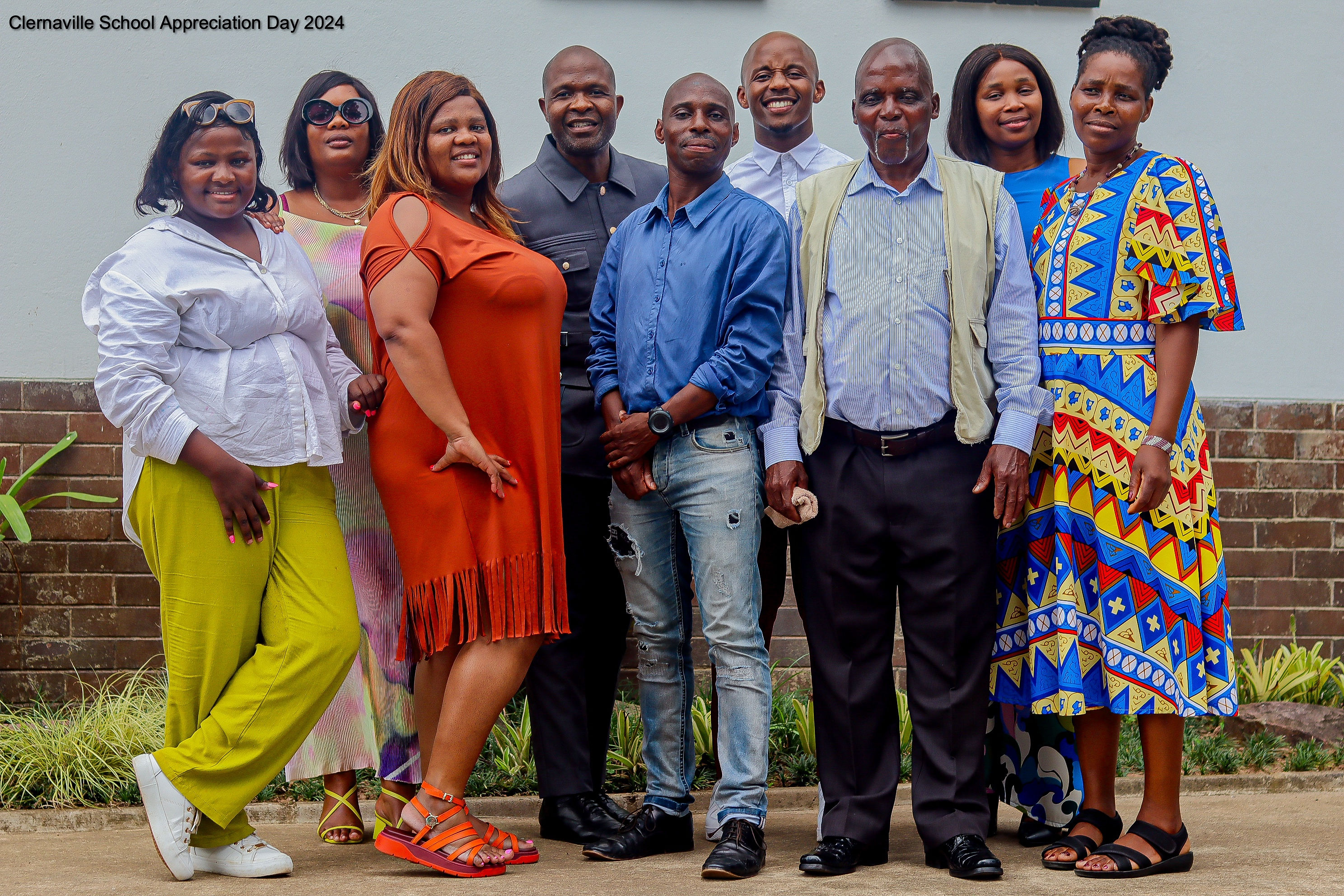



Our Phases starts from Grade R (Reception) to Grade 7.
Grade R - Children embark on their educational journey through playful exploration, developing foundational social and cognitive skills.
Grade 1 - Marks the exciting transition to formal learning, where students begin to master reading, writing, and basic mathematical concepts.
Grade 2 - Building on initial skills, Grade 2 learners expand their literacy and numeracy, engaging with more complex stories and problem-solving.
Grade 3 focuses on solidifying foundational knowledge, enabling students to read independently, write coherent paragraphs, and confidently tackle arithmetic.
Grade 4 - As they enter the Intermediate Phase, Grade 4 students begin to delve into diverse subjects like natural sciences and history, broadening their understanding of the world.
Grade 5 - Sees learners refine their critical thinking, applying their knowledge across a wider range of subjects and participating in more in-depth projects.
Grade 6 - Students prepare for the Senior Phase by strengthening their analytical abilities and taking on greater academic independence.
Grade 7 - The final year of primary school, Grade 7, equips students with advanced skills and knowledge, readying them for the challenges and opportunities of high school.
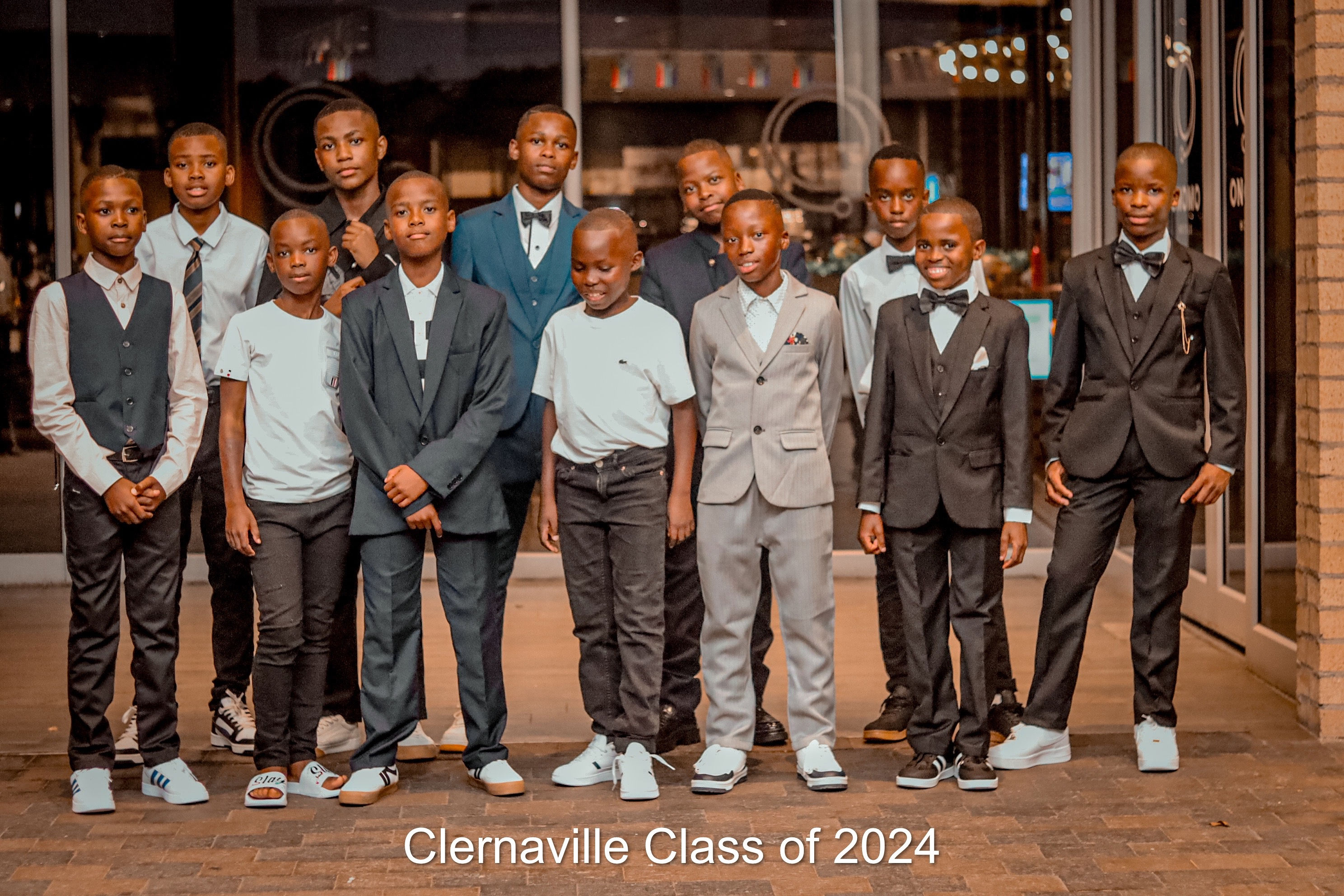



Each staff member is capable of delivering a foundational curriculum, fostering a nurturing environment, and supporting the diverse learning needs of young children. The school's continued operation suggests a commitment from its educators to providing a structured learning experience within the community it serves.
Clernaville Primary School's dedicated teaching and support staff are committed to continuous professional growth. Understanding that effective education is an evolving field, the school likely encourages and facilitates ongoing training and professional development initiatives. This commitment ensures that educators stay abreast of the latest pedagogical approaches, curriculum enhancements, and best practices in primary education, ultimately benefiting the learners by providing them with a high-quality and relevant learning experience. Their proactive engagement in professional development underscores their passion for teaching and their unwavering focus on student success.






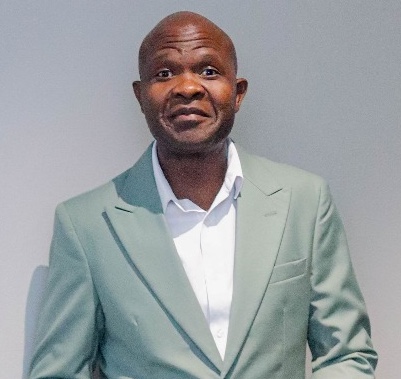
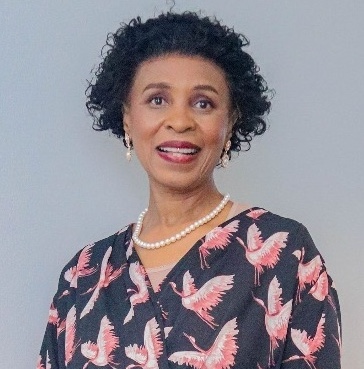
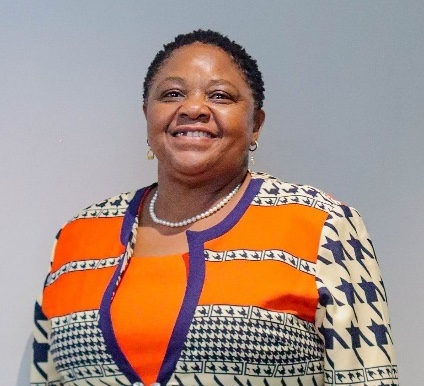
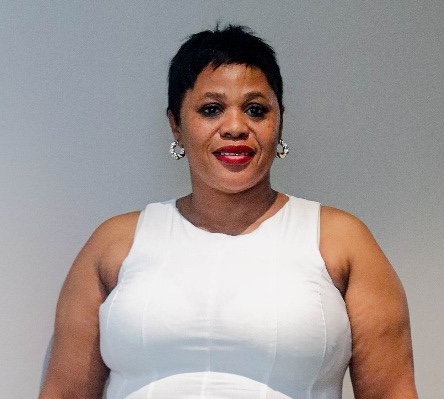

Extracurricular activities are crucial for holistic development. Common offerings include: Sports: Soccer, netball, athletics, cricket, swimming, rugby, and chess are very popular. Cultural Activities: Choir, drama, dance, art clubs, and music lessons (e.g., piano, recorder). Academic Clubs: Science clubs, debate clubs, and environmental clubs.
The Department of Basic Education (DBE) and provincial departments are committed to school safety. Measures include: School Safety Committees: Often subcommittees of School Governing Bodies (SGBs), linked with Community Policing Forums and local police. Infrastructure: Efforts to improve fencing, alarm systems, and burglar proofing. Codes of Conduct: Codes of Conduct: All public schools have codes of conduct for learners to promote discipline and safety. Drug-Free Zones: Schools are declared drug-free and dangerous weapon-free zones. Support for Victims: Guidelines and handbooks for preventing and managing sexual violence and harassment, and support for victims. Partnerships: Collaboration with SAPS and other stakeholders to address violence and crime in and around schools. Bullying Prevention: Awareness and intervention programmes to address bullying, including cyberbullying.
Get in touch with us today We're here to building a strong foundation for childrens future success.
1976 Schun Road Clermont, 3610
admin@clernavilleprimary.co.za
031-711-7033